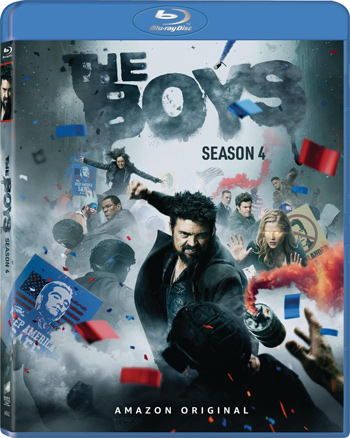
Sony Pictures
Shock value is to entertainment what Mike Tyson is to boxing: it’ll clobber you in the opening rounds, but hang in there and it’ll wear itself out. Four seasons in, The Boys have collided with a force greater than themselves. I’m not talking about Homelander. The show is being defeated by its own reputation for gore.
Season One was painted with body fluids, only some of which were blood: you had super heroes literally slipping on human goo. Within the pilot’s first few minutes, we saw what would absolutely happen if a guy with super-speed ran into a bystander.
Later episodes gave us metahumans in sex parties (including Love Sausage, a guy whose only power is having a really huge, well, that). In Watchman, Alan Moore gave us super heroes who are just as screwed up as the rest of us. In The Boys, being super is mainly just kind of sleazy and gross.
But the show was always more than that, which is why we kept watching. It’s about power and how nobody should ever have too much of it. The supes think of themselves as gods, but they’re mostly just ordinary people who are way too easy to manipulate, even if they can do whatever the hell they want.
In the pilot’s hardest-to-watch scene, the young and earnest Starlight (Erin Moriarty) is coerced into sex by a frat-boy Aquaman clone, The Deep (Chace Crawford). Homelander (the wonderfully twitchy Anthony Starr) is a mentally fragile man-child with a milk fetish who deals with his abandonment issues by lasering people who say no to him. They may not be gods, but they’ve got the vengeance-is-mine thing nailed.
In previous seasons, the show lived at the intersection of celebrity culture and corporate greed.
Here in the second reign of Donald Trump—let’s not pretend this is about anything else—Season Four has steered hard into police-state territory and QAnon-like conspiracies. Victoria Neuman (Claudia Doumit), the congresswoman with the head-popping power, is now part of a coup. Homelander has discovered that the mob will cheer him on for murdering protestors. Empathy, as they say, is out.
This would be a good time for some good guys.
But in Season Four, even our favorite supers are revealing their dark sides. We discover that Starlight was a mean girl on the pageant circuit. It doesn’t align with the naïve, impossibly earnest Annie January we met in Season One, but it does take her out of the disillusioned-innocent rut she’s been stuck in for three seasons. Kimiko (Karen Fukuhara) didn’t lose her voice because the Shining Light cult terrorized her—she lost it after she willingly murdered a fellow captive. Frenchy (Tomer Capone) was never anybody’s idea of a straight-edge hero, but at least he got points for compassion: now we learn that he once murdered the entire family of the guy he’s sleeping with. If Homelander has been liberated by a lack of remorse, guilt and shame are hobbling the real heroes.
And then there’s Butcher (Karl Urban), the grinning psychopath with the G.I. Joe beard and a fondness for referring to people as female body parts.
In Season Three he completely forgot what Nietzsche said about battling monsters and shot himself up with a temporary version of Compound V, the stuff that makes you super and also gives you brain cancer. Turns out even his tumors are now super-powered: they’ll destroy him, but first they’ll mess with his head and turn him into a killing machine.
All of this means that there’s no one left with the moral authority to fight Vought, not even Hughie (Jack Quaid) or Mother’s Milk (a slimmed and toned Laz Alonzo). Hughie uses Compound V to save his father’s life and instantly regrets it. Mother’s Milk has to choose between losing his wife and daugher or letting humanity go down the toilet. Family is now a liability, not a reason to live.
We get a few new bad-guy supers. Firecracker (Valorie Curry) is a trailer-park conspiracy theorist in Daisy Dukes, the Tonya Harding to Starlight’s Nancy Kerrigan. Susan Heyward is great as Sister Sage, billed as the world’s smartest woman (“Person!” she keeps correcting people), who recognizes that she’s being asked to play racist stereotypes but is canny enough to turn micro-aggressions to her advantage. Firecracker tries and fails to manipulate Homelander the same way others have tried and failed, by playing mommy (she literally squirts breast milk in his face and I can’t believe I just wrote that). Sage actually does manipulate Homelander by letting him think he’s defying her.
Both of them have accepted that it’s now Homelander’s world and their only chance of survival is to feed his ego. I have no idea what current events this could be referring to.
Thank God America’s not like that now.
And yet even as all restraints have been removed from Homelander, he’s facing a limit even he can’t overcome: time. Each day he plucks gray pubic hairs and puts them into a jar. That’s one way to keep a calendar. In the previous two seasons we saw Homelander building up to his revenge against the Vought scientists who warped his young body and mind. Now it’s on. In an underground lab, he incinerates one of his tormentors, lasers another one’s penis off, and murders the rest after feeding them an ice-cream cake. Remember what I said about his dairy fetish?
As many of us do when facing mortality, Homelander deconstructs his childhood—literally—and then turns to the next generation. His son Ryan (Cameron Crovetti) was raised to fear his powers and now revels in them, but is already beginning to suspect that his father might be insane. He emerges as the season’s unlikely conscience, refusing to sing along with Vought muppets who advise kids to betray their parents to the Feds.
After he accidentally kills a stunt player during a staged rescue scene, Ryan is genuinely horrified when Homelander suggests they forget all about it and go get some milkshakes (yes, yes, we get it).
All of this adds up to a Season Four that’s seeded with moments of moral clarity: the bad guys confront their frailty while the good guys confront their sins. Hughie learns the hard way that you can’t save everybody. A-Train finally learns to do the right thing because it matters, not because it gets him endorsement contracts. Frenchy and Kimiko finally get together when they realize that they can’t forgive themselves, but they can help each other heal.
This could have been the season when The Boys finally found its heart. But then there’s that scene where Hughie winds up getting gimped by Batman.
Well, he’s not Batman but he is: he’s Tek Knight (Derek Wilson), a playboy billionaire with a secret cave you enter through the library and a boy sidekick who I guess is what Robin would be like if Batman made him wear rubber and a ball gag and tied him up and raped him on the daily.
If so, then the world owes Frederic Wertham an apology. Hughie goes undercover at Tek Knight’s mansion and winds up chained and pantsless while Tek Knight and Vought’s puppet CEO Ashley (Colby Minifie) describe all the perverse things they’re going to do to him, and actually do some of them. He is rescued seconds before Tek Knight can scalpel out a new orifice for him to penetrate.
This could be an expression of the showrunners’ frustration, seeing as they are also running out of dark places to dive into. Not that it stops them from carving out new ones. In my Season Three review I joked that we were probable due for a musical episode. We sort of get one with Vought on Ice, except that it ends with all the skaters slashed to ribbons. There’s also a battle with Compound V-enhanced flying sheep who can skeletonize a cow in seconds (why is it always a cow?). Butcher lives up to his name by hacking off a scientist’s leg and turning evangelical metahuman Ezekiel (Shaun Benson) into a blood slushy. Firecracker’s self-duplicating sidekick is discovered in a Human Centipede self-orgy. Once upon a time, these set pieces would have dominated the SubReddits. Now they’re just table stakes for The Boys.
The genius of The Boys—and it’s still in there somewhere, beneath the fake blood and CGI intestines—is how the characters’ insides become their outsides.
I’m not talking about what happens when Homelander physically rips people in half (which he actually does at one point), but rather how the show uses the characters’ powers to expose their inner turmoil. Homelander is a human temper tantrum. Knocked off her pedestal, Starlight loses her glowing hands and has to resort to her bloody fists. A-Train is constantly running from his problems. Firecracker’s power—basically the ability to light matches—is a pale imitation of her rival Starlight’s.
In an extreme riff on beer goggles, Sister Sage has to lobotomize her self-regenerating brain before she can have sex with The Deep. And while The Deep can communicate telepathically with his octopus girlfriend, he still doesn’t hear a word she’s saying.
Extras include deleted scenes and gag reels.
If the show just stayed here, dealing with the reality of its characters, we wouldn’t need the slice-and-dice violence or the blunt-instrument political commentary. We’d have a show about how being super doesn’t make you special.
If there’s a reason to keep watching The Boys, that’s it.

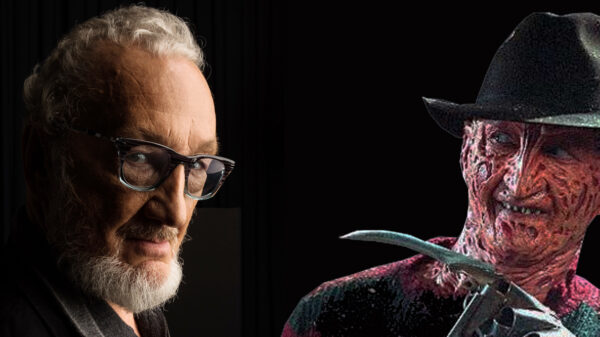
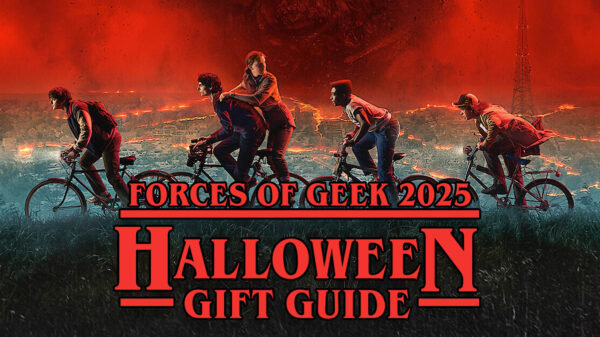



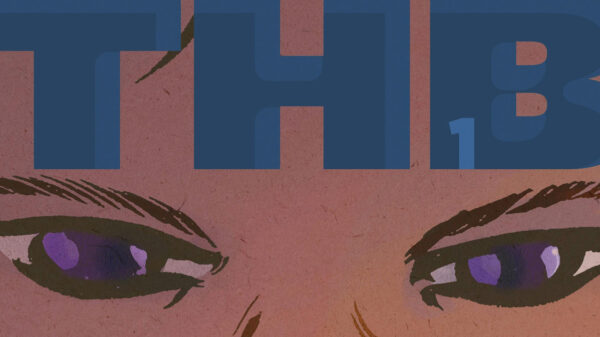

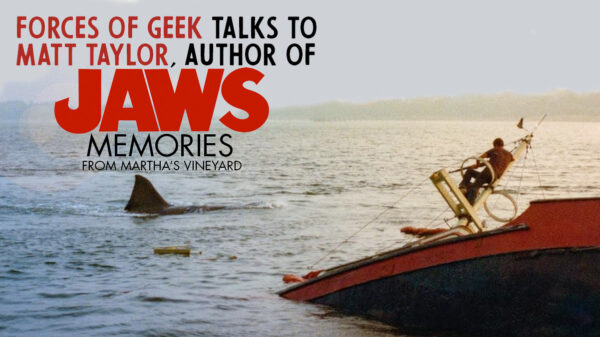
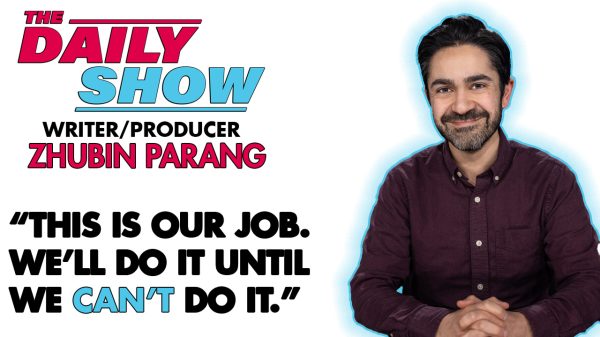
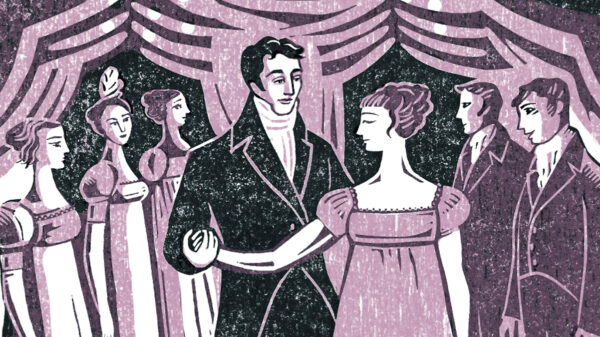
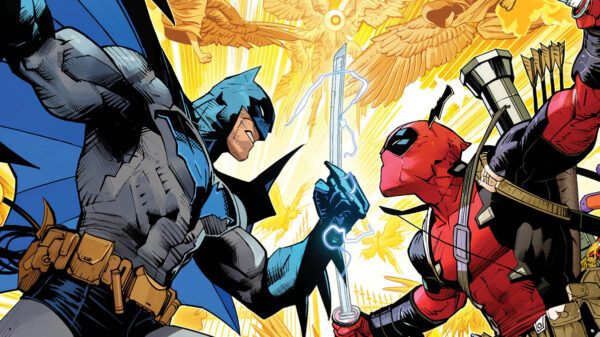
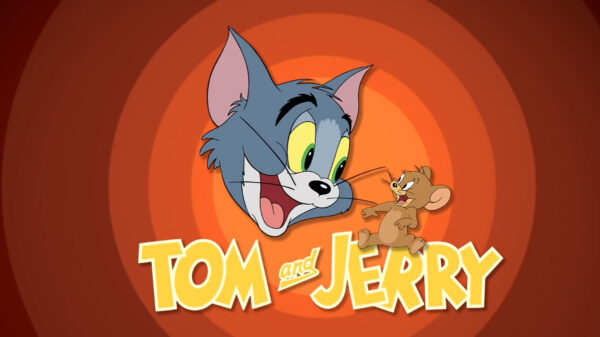

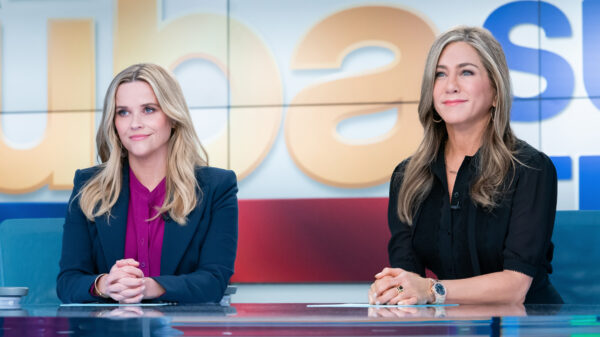



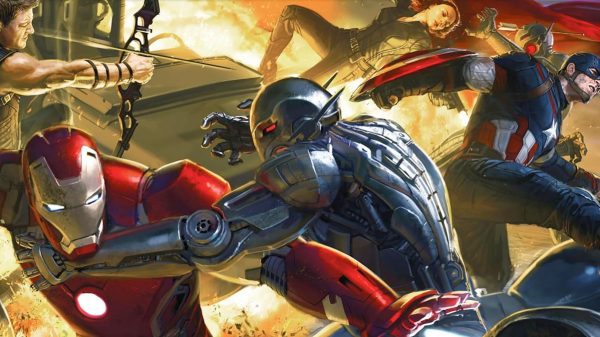

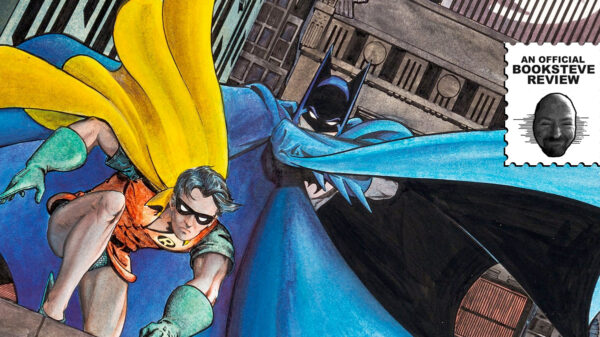
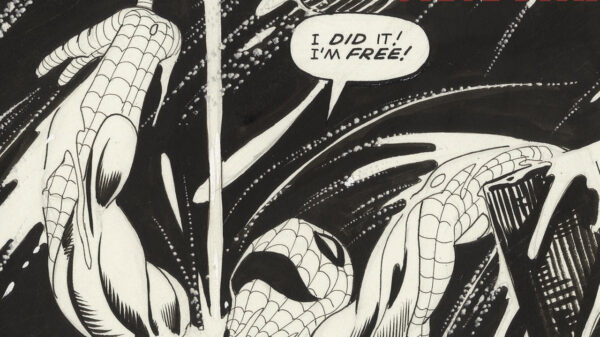
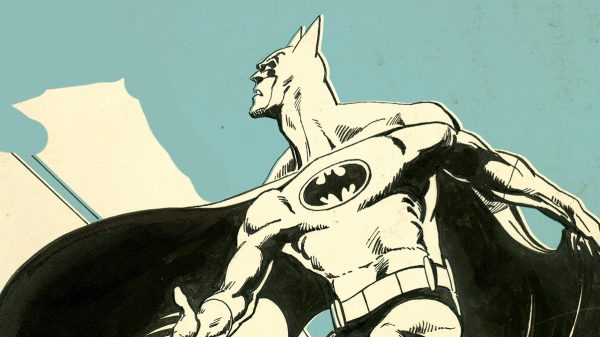


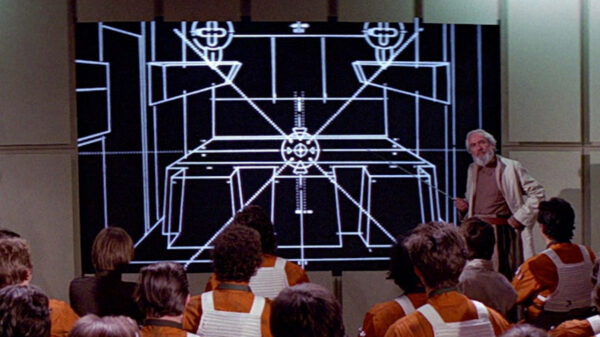

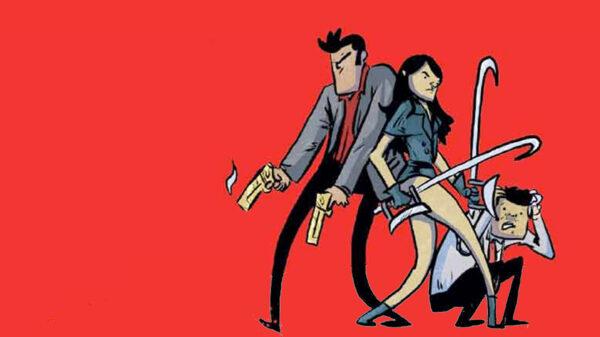
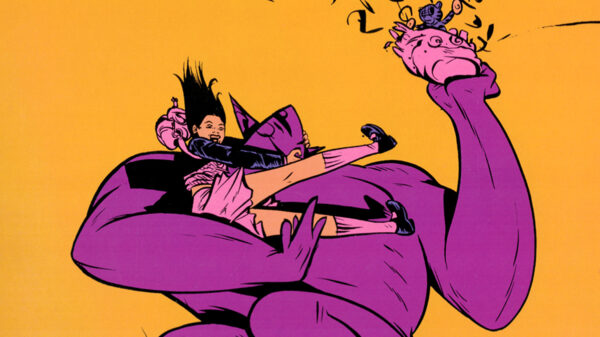
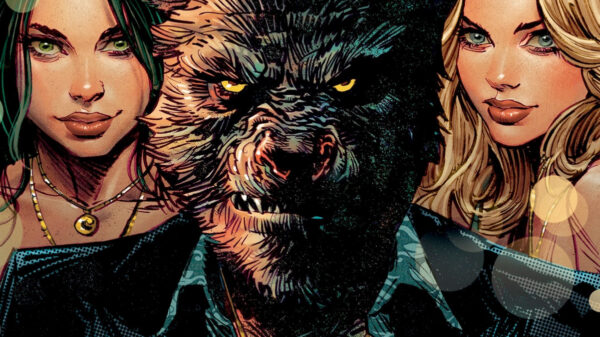




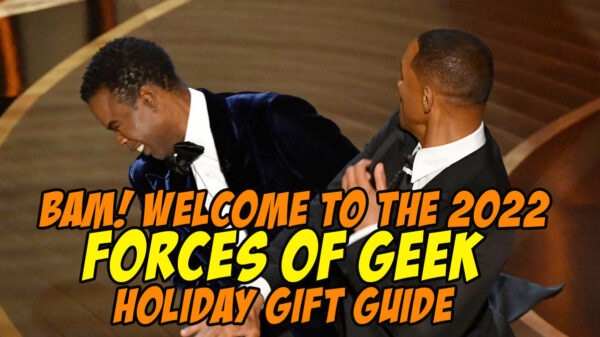
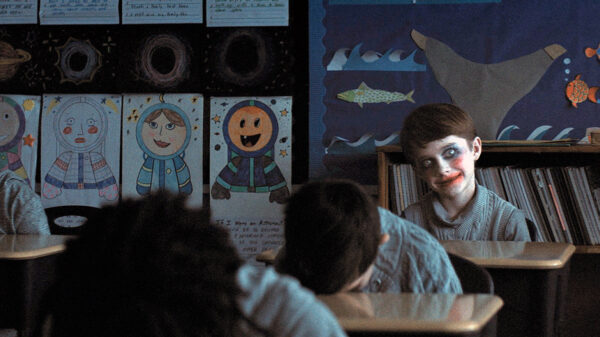
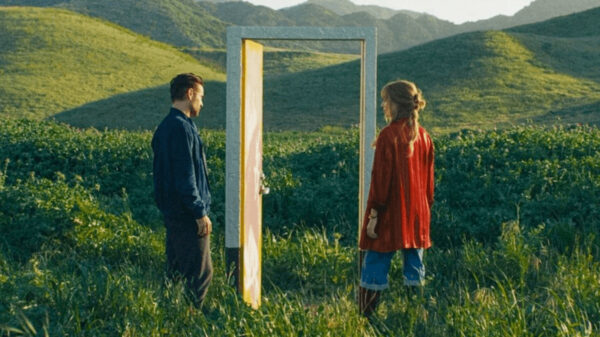
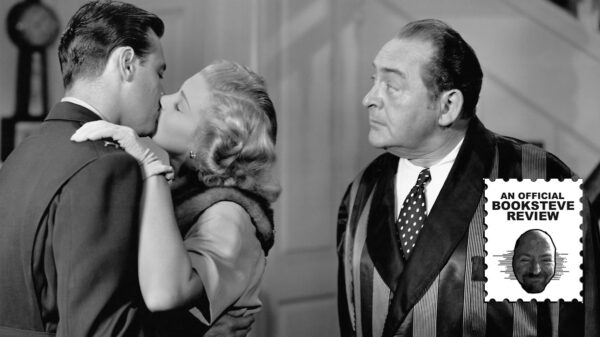
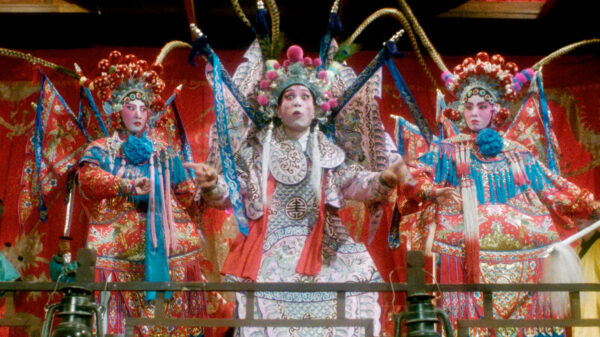

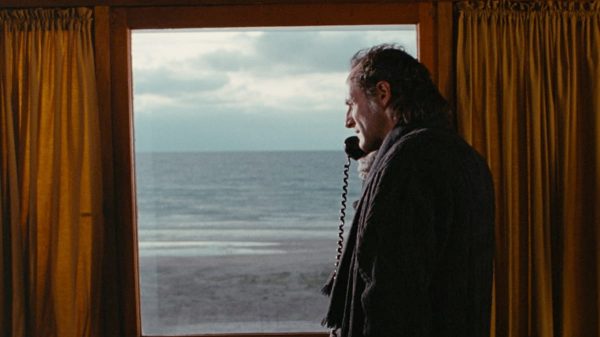
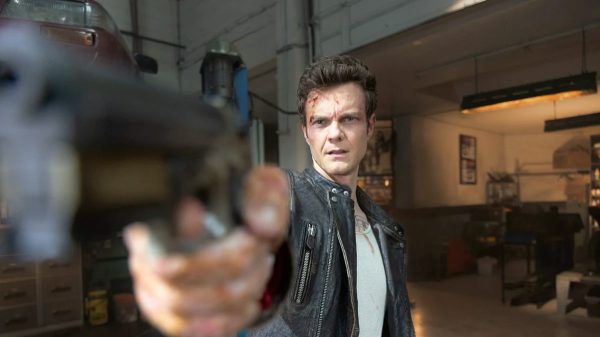
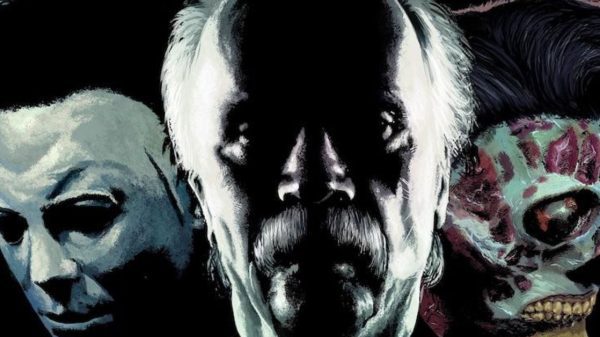
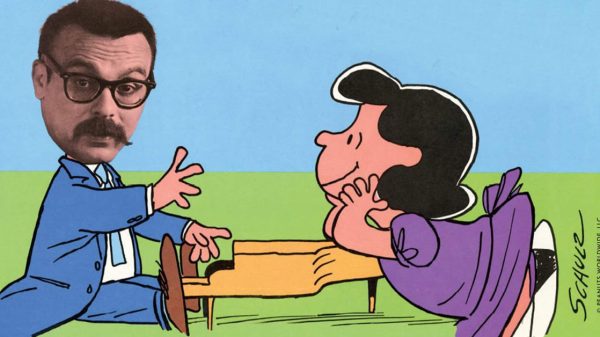
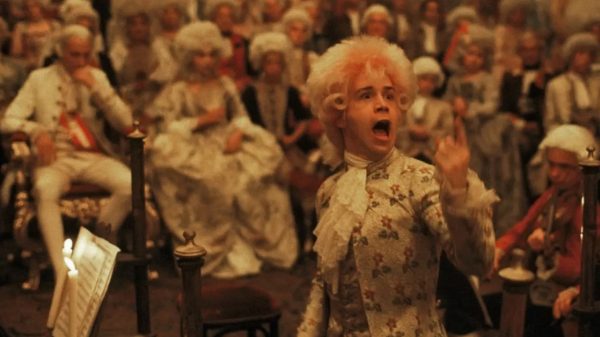








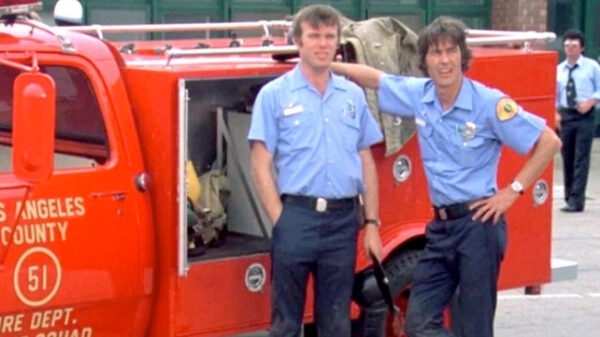
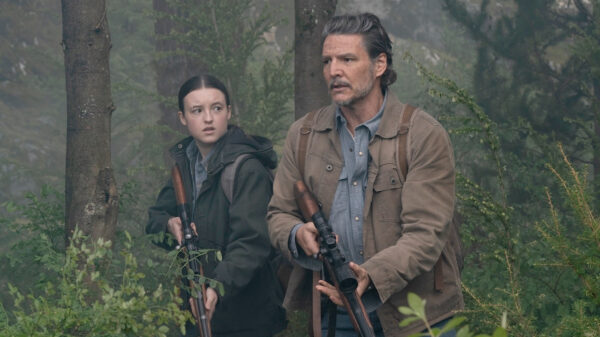
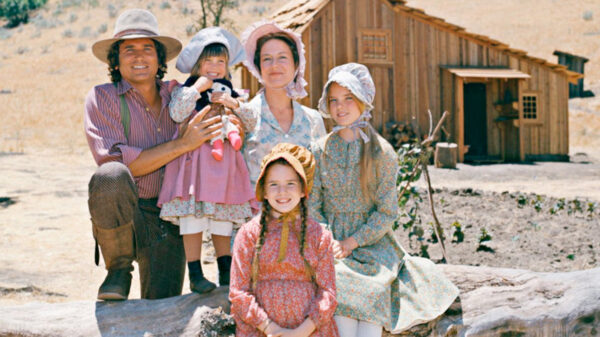
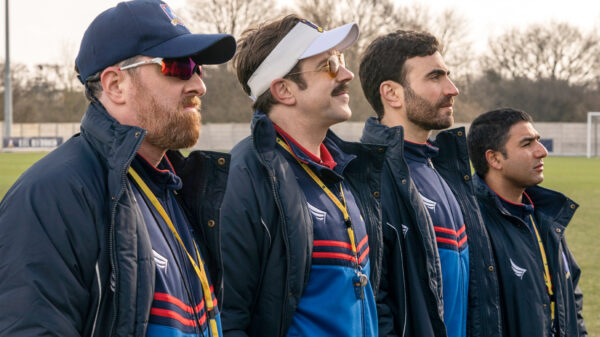




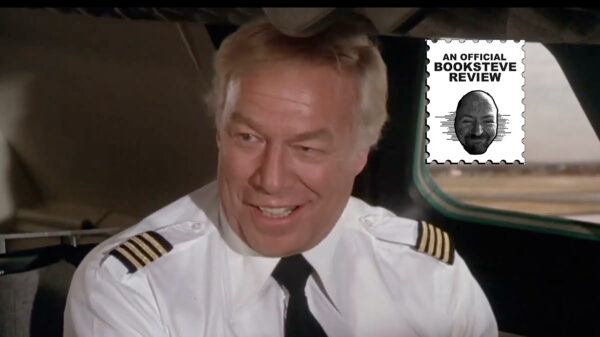














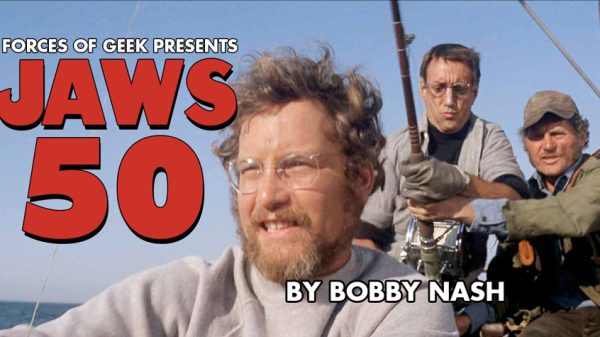









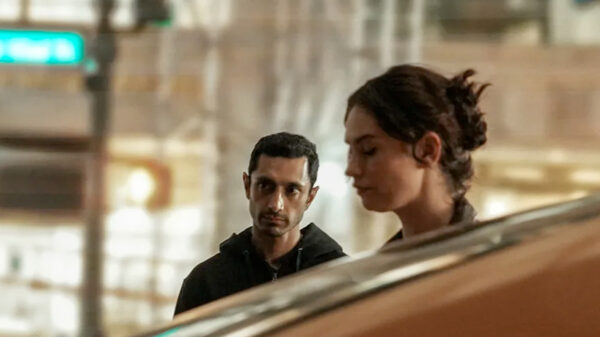
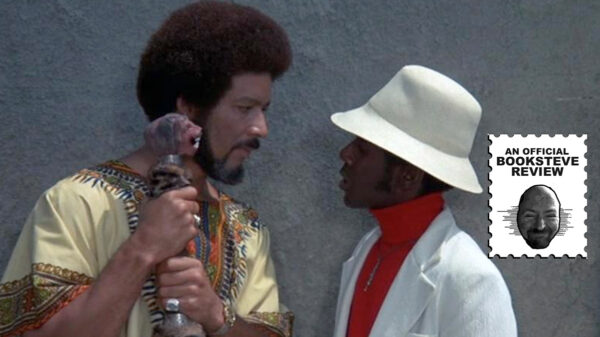
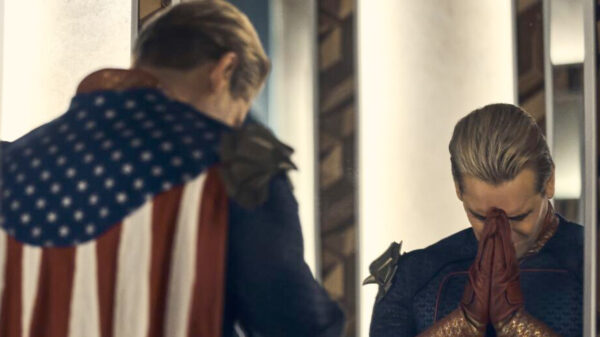
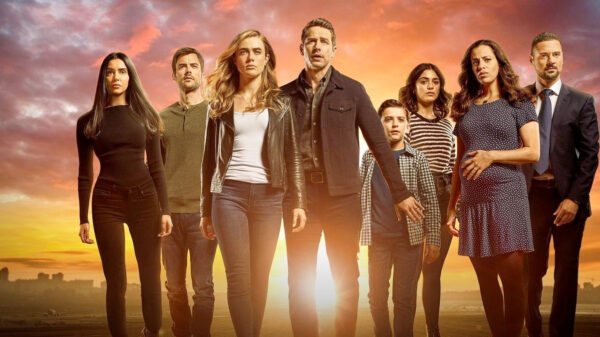




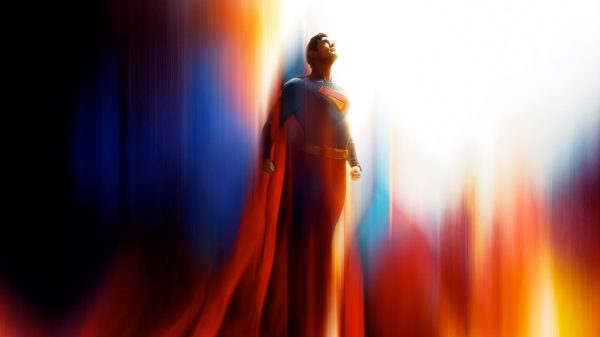
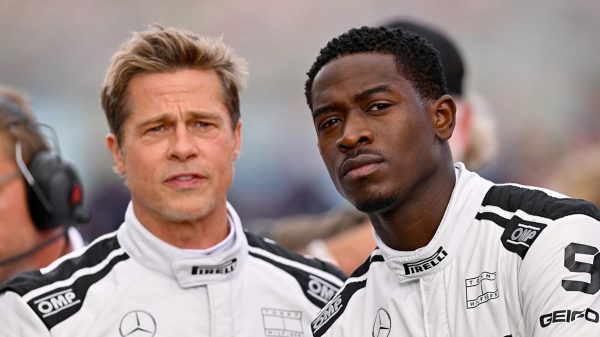
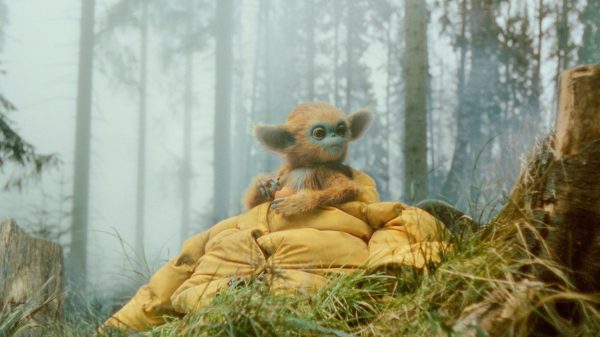


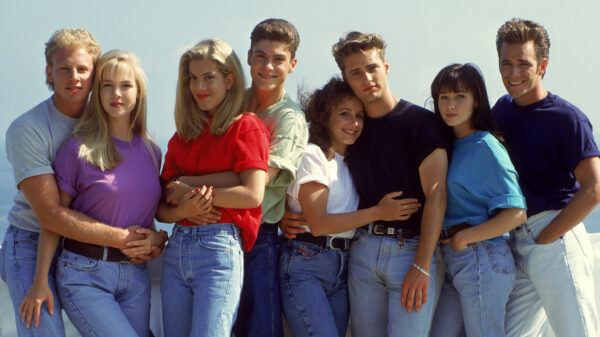
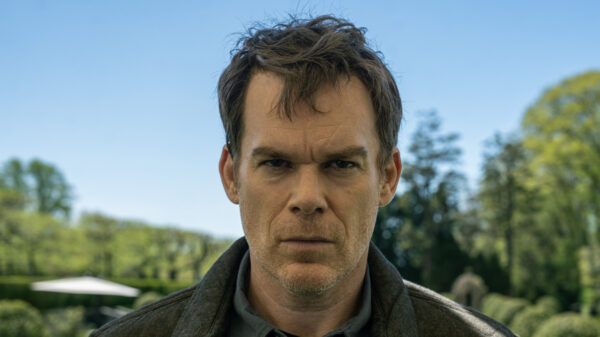
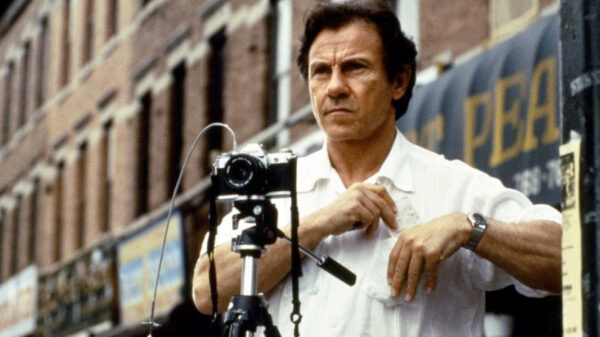
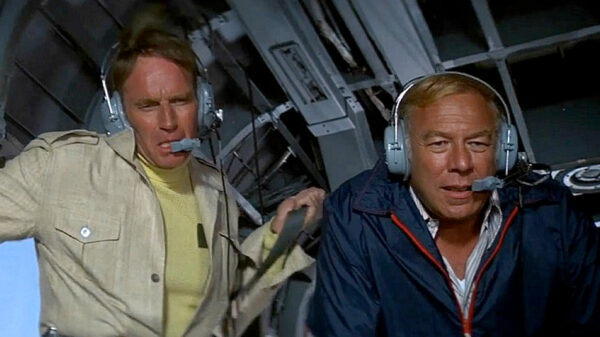
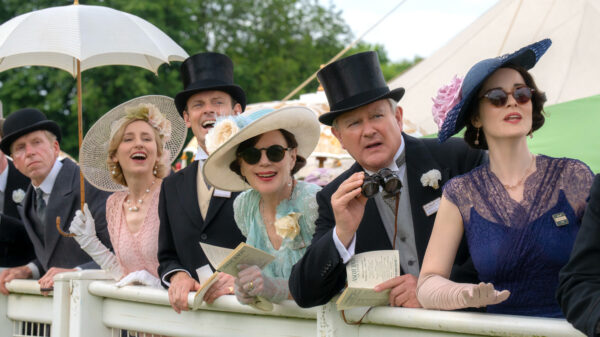


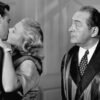

You must be logged in to post a comment Login